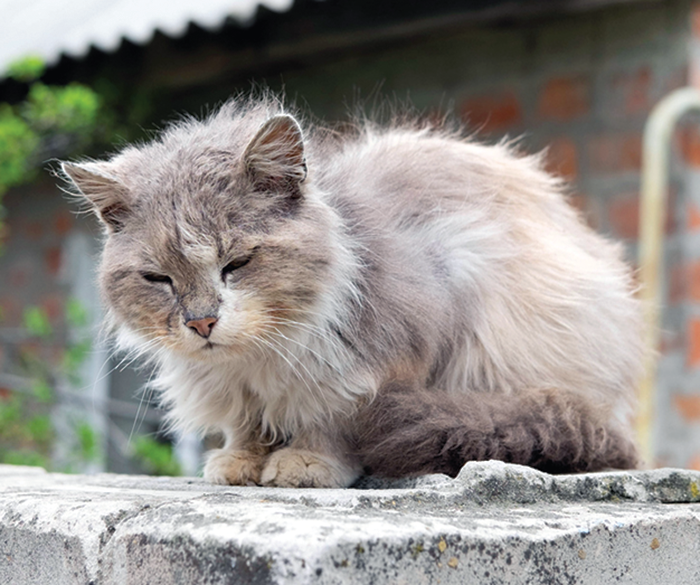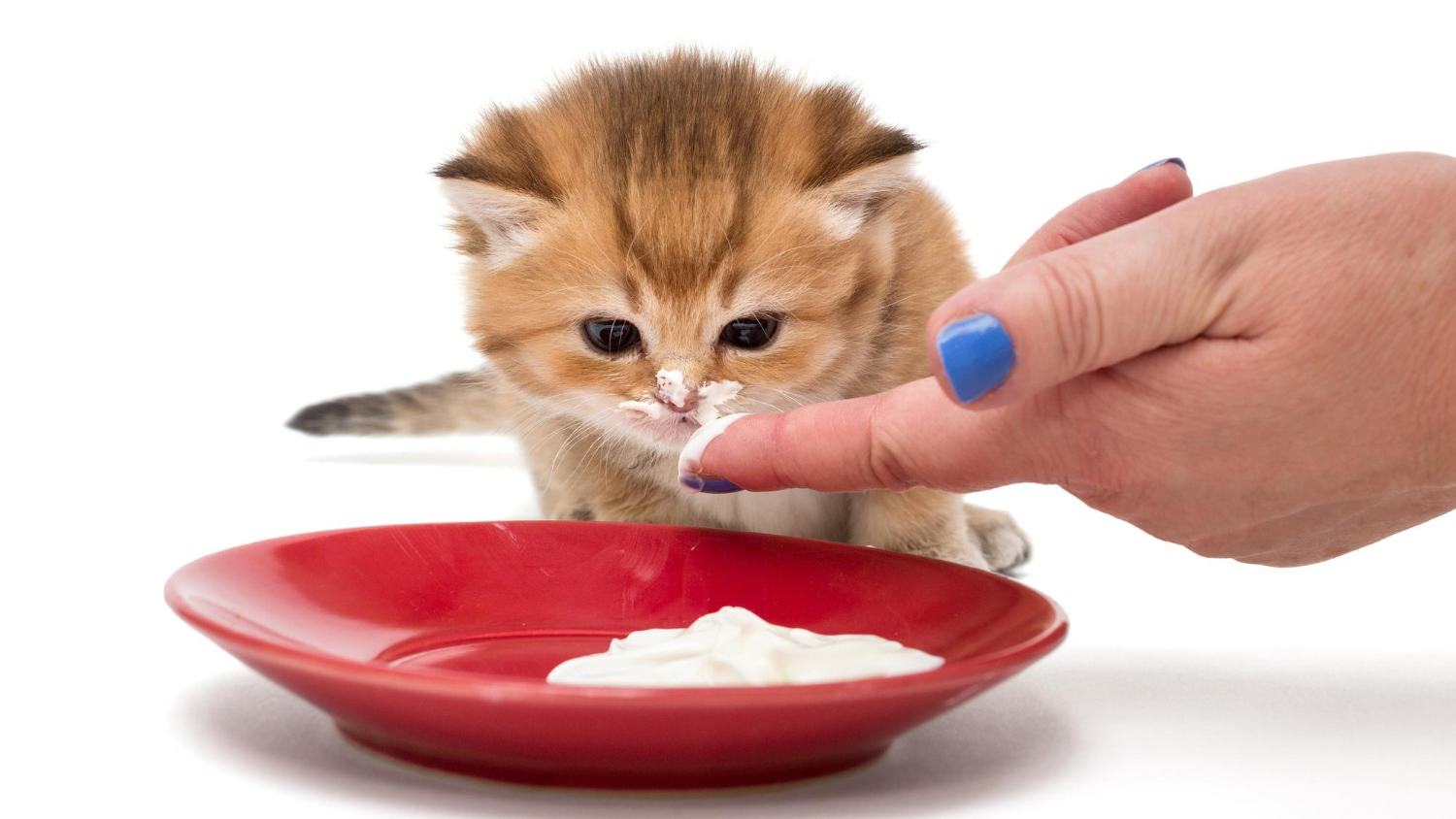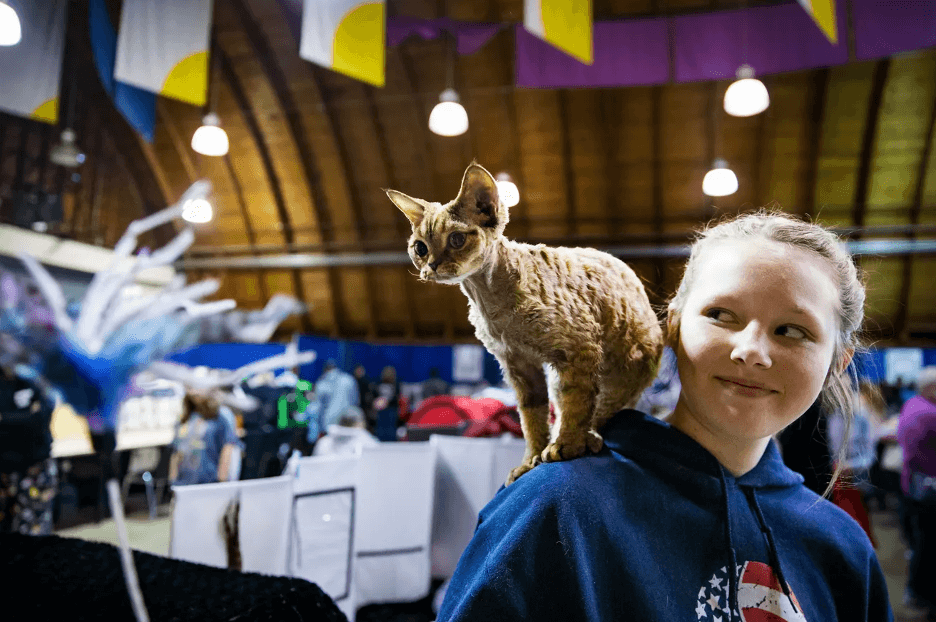Written by Rene Knapp, long time TICA member and dedicated cat lover.
What Is FIV?
Feline Immunodeficiency Virus (FIV) is a lentivirus affecting a small percentage of domestic cats worldwide. It weakens the immune system, though many cats live long lives with proper care.
How FIV Is Transmitted
The main mode of transmission is deep bite wounds. Casual contact like sharing food bowls or grooming typically doesn’t spread FIV—especially in non-aggressive environments.
Caring for an FIV-Positive Cat
Regular Veterinary Check-Ups
- Frequent blood work to monitor health status
- Preventive care such as dental cleanings and vaccinations as advised
Healthy, Stress-Free Environment
- Provide clean litter trays, comforting spaces, and reduce stressors
- Keep indoors to reduce risk of injury or additional infections
Handling Secondary Infections
FIV weakens immunity, making your cat more susceptible to infections. Promptly address any signs like lethargy, weight loss, or sores.
Living Well: Quality of Life
With proper care, many FIV-positive cats live years without showing symptoms. Focus on nutrition, veterinary support, and minimizing stress to ensure a happy life.
Key Takeaways
- FIV is manageable—transmission is low and many cats live symptom-free.
- Consistent veterinary care is essential.
- Indoor lifestyle and stress management boost health.
- Early detection and care lead to long, fulfilling lives.






















































































